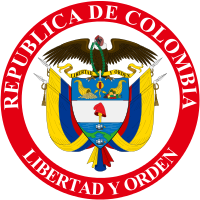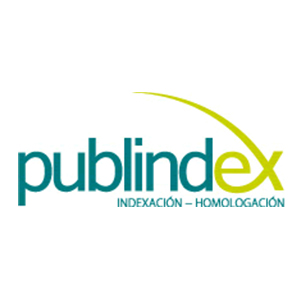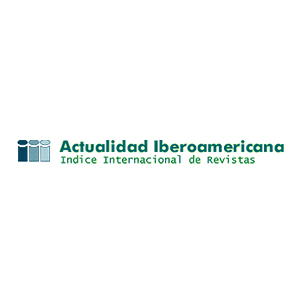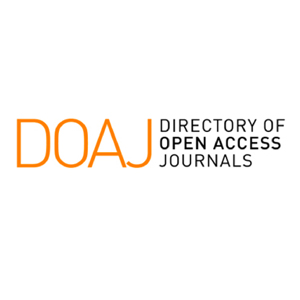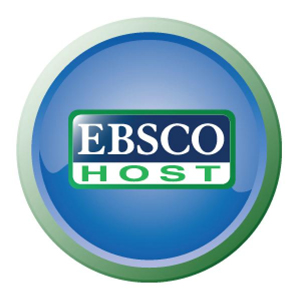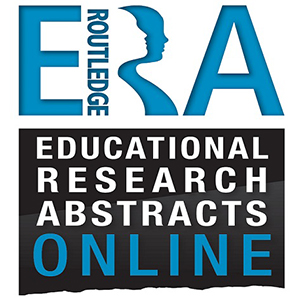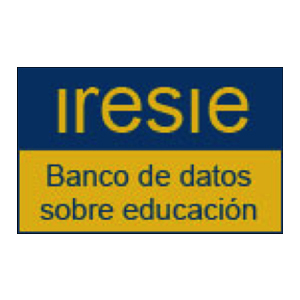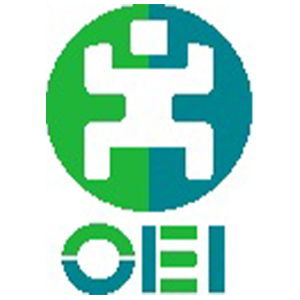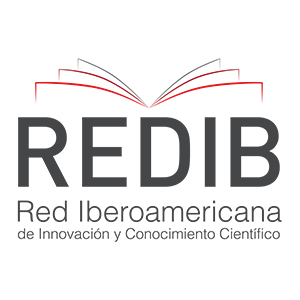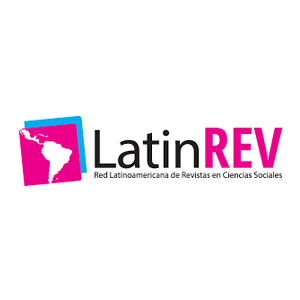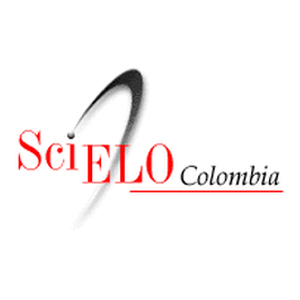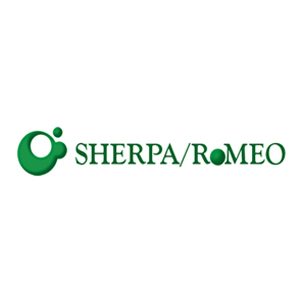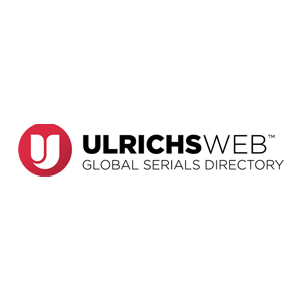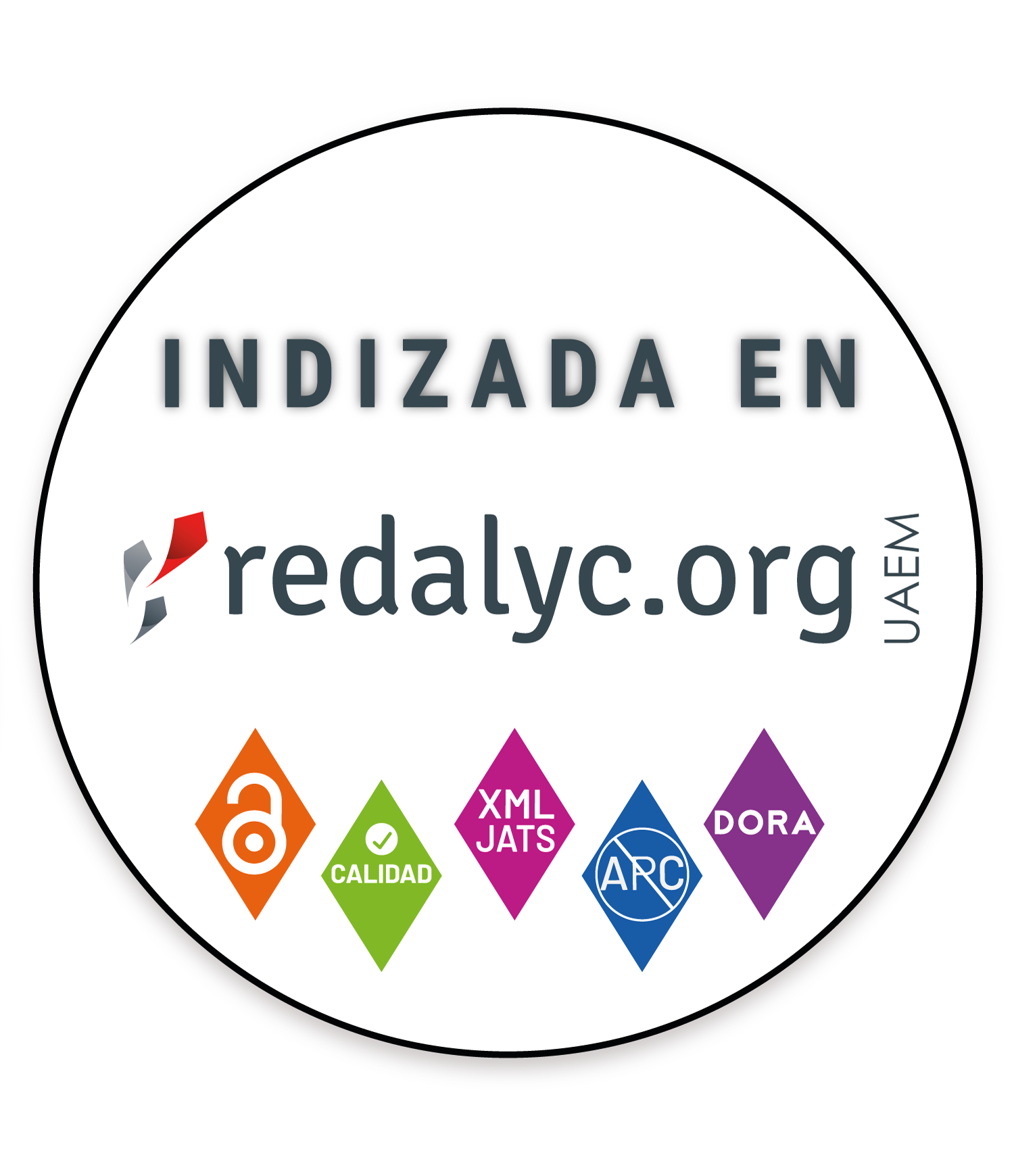INVESTIGANDO EL CDC SOBRE BIODIVERSIDAD DE PROFESORES EN UNA UNIVERSIDAD ARGENTINA
La biodiversidad es un tema emergente en los ámbitos científico y académico, siendo necesario incrementar las
investigaciones educacionales que persigan un mejor conocimiento y valoración de la misma; particularmente en el nivel superior,
donde, además, son escasos los trabajos realizados sobre Naturaleza de la Ciencia (NdC). La presente contribución describe un plan
de tesis y su grado de avance, cuyo objeto es la caracterización del Conocimiento Didáctico del Contenido (CDC) sobre la diversidad
biológica de profesores que se desempeñan en una universidad estatal del centro de Argentina en carreras vinculadas a las ciencias
biológicas (Microbiología, Licenciatura y Profesorado en Cs. Biológicas), y su vinculación con la NdC. Con la realización de esta tesis
esperamos contribuir al crecimiento de la Didáctica de las Ciencias Naturales en el contexto latinoamericano.
Adúriz Bravo, A. (2005). Una introducción a la naturaleza de la ciencia. La epistemología en la enseñanza de las ciencias
naturales. Buenos Aires, Argentina: Fondo de Cultura Económica.
Adúriz-Bravo, A., y Izquierdo-Aymerich, M. (2009). Un modelo de modelo científico para la enseñanza de las ciencias
naturales. Revista Electrónica de Investigación en Educación en Ciencias, 4(1), 40-49.
Bermudez, G. y Lindemann Matthies, P. (2020). “What Matters Is Species Richness”—High School Students’ Understanding
of the Components of Biodiversity”. Research in Science Education, 50 (6), 2159-2187.
Bermudez, G.M.A., Cisnero, K. y García, L.P. (2021) BIODiMod: A dialogic process of making sense of biodiversity through
modelling-based teaching in secondary education. In O. Levrini y G. Tasquier (Eds.), Electronic Proceeding of the
ESERA 2019 Conference. Part 5, (pp. 640-650). Bologna: ALMA MATER STUDIORUM- University of Bologna.
Briceño Martínez, J.J. y Benarroch A. (2012). Concepciones y creencias sobre ciencia, aprendizaje y enseñanza de
profesores universitarios de ciencias. REIEC, 8(1), 24-41.
Crujeiras, B. P. y Jiménez, M. P. A. (2015). Desafíos planteados por actividades abiertas de indagación en laboratorio:
articulación de conocimientos teóricos y prácticos en prácticas científicas. Enseñanza de las Ciencias, 33(1), 63-84.
Cuellar López, Z., Rodríguez, L. y Garritz, A. (2015). Las grandes ideas sobre biodiversidad y la ReCo de un estudianteprofesor. Visita de una profesora de la Universidad Surcolombiana. Educación química, 26(1), 2-8.
Diaz, S., Demissew, S., Carabias, J., Joly, C., Lonsdale, M., Ash, N., Larigauderie, A., ... & Zlatanova, D. (2015). The IPBES
Conceptual Framework — connecting nature and people. Current Opinion in Environmental Sustainability, 14, 1-16.
Faikhamta, C. (2013). The development of in-service science teachers' understandings of and orientations to teaching the
nature of science within a PCK-based NOS course. Research in Science Education, 43(2), 847–869.
Fonseca, G. (2011). El CDC del concepto de biodiversidad en profesores en formación de biología. Un estudio de caso
desde el diseño de la unidad didáctica. Bio-grafía escritos sobre la biología y su enseñanza, Ed. Ext., 401-412
Fonseca, G. (2017). El Conocimiento Pedagógico del Contenido en profesores de biología: una revisión documental. Biografía, escritos sobre la Biología y su enseñanza,10(19), 21-40.
Fonseca, G. (2018). El conocimiento profesional del profesor de biología sobre biodiversidad. Un estudio de caso en la
formación inicial durante la práctica pedagógicaen la Univ. Distrital Francisco José de Caldas. Tesis Doctoral.
García, J. y Martínez, J. (2010). Cómo y qué enseñar de la biodiversidad en la alfabetización científica. Enseñanza de las
ciencias,28(2), 175-184.
Gess-Newsome, J. (1999). Secundary Teachers’ Knowledge and Beliefs about Subjet Matter and their Impact on Instruction.
En J. Gess-Newsome y N. Lederman (Eds.), Examining Pedagogical Content Knowledge. The Construct and its
Implications for Science Education (51-94). Netherlands: Kluwer Academic Publishers
Gómez Galindo, A. A. (2013). Explicaciones narrativas y modelización en la enseñanza de la biología. Enseñanza de las
Ciencias, 31(1), 11-28.
Gómez Galindo, A. A.; Sanmartí, N. y Pujol, R. M. (2007). Fundamentación teórica y diseño de una unidad didáctica para la
enseñanza del modelo ser vivo en la escuela primaria. Enseñanza de las Ciencias, 25(3), 325-340.
González, N. y Rossi, A. (2015). Conocimiento pedagógico del contenido para la enseñanza del tema mitosis: un estudio de
casos con docentes universitarios de Argentina. Didáctica de las Ciencias Experimentales y Sociales, (29),215-232.
Koponen I.T. y Tala S. (2014). Generative Modelling in Physics and in Physics Education: From Aspects of Research
Practices to Suggestions for Education. In: Matthews M. (eds) International Handbook of Research in History,
Philosophy and Science Teaching. Springer, Dordrecht
Loughran, J., Mulhall, P. y Berry, A. (2008). Exploring pedagogical content knowledge in science teacher education.
International Journal of Science Education, (30)10,1301-1320,
Magnusson S., Krajcik, J. y Borko, B. (1999). Nature, sources, and development of pedagogical content knowledge for
science teaching. En J. Gess-Newsome y N.G. Lederman (Eds.) Examining Pedagogical Content Knowledge. The
Construct and its Implications for Science Education(95-132). Holanda: Kluwer Academic Publishers.
Martínez C. y González C. (2014) Concepciones del profesorado universitario acerca de la ciencia y su aprendizaje y cómo
abordan la promoción de competencias científicas en la formación de futuros profesores de Biología. Enseñanza de
las Ciencias, 32(1), 51-81.
Park, S. y Oliver, J. S. (2008). Revisiting the conceptualization of Pedagogical Content Knowledge (PCK): PCK as a
conceptual tool to understand teachers as professional. Research in Science Education, 38, 261-284.
Park, S. y Chen, Y. (2012). Mapping Out the Integration of the Components of Pedagogical Content Knowledge (PCK):
Examples From High School Biology Classrooms. Journal of Research in Science Teaching, 1-20
Passmore, C., Gouvea, J. S. y Giere, R. (2014). Models in science and in learning science: Focusing scientific practice on
sense-making. In International handbook of research in history, philosophy and science teaching (1171-1202).
Springer, Dordrecht.
Rodríguez Gómez D. y Valldeoriola Roquet J. (2009). Metodología de la investigación. Universidad Oberta de Catalunya.
Shulman,L.S. (1986).Those who understand: knowledge growth in teaching. Educational Researcher, 15, 4-14.
Verdugo-Perona, J.J., Solaz- Portolés, J.J. y Sanjosé-López, V. (2017). El conocimiento didáctico del contenido en ciencias:
estado de la cuestión. Cadernos de Pesquisa, 47(164), 586-611.
APA
ACM
ACS
ABNT
Chicago
Harvard
IEEE
MLA
Turabian
Vancouver
Descargar cita
Visitas
Descargas
Licencia

Esta obra está bajo una licencia internacional Creative Commons Atribución-NoComercial 4.0.
Todo el trabajo debe ser original e inédito. La presentación de un artículo para publicación implica que el autor ha dado su consentimiento para que el artículo se reproduzca en cualquier momento y en cualquier forma que la revista Tecné, Episteme y Didaxis: TED considere apropiada. Los artículos son responsabilidad exclusiva de los autores y no necesariamente representan la opinión de la revista, ni de su editor. La recepción de un artículo no implicará ningún compromiso de la revista Tecné, Episteme y Didaxis: TED para su publicación. Sin embargo, de ser aceptado los autores cederán sus derechos patrimoniales a la Universidad Pedagógica Nacional para los fines pertinentes de reproducción, edición, distribución, exhibición y comunicación en Colombia y fuera de este país por medios impresos, electrónicos, CD ROM, Internet o cualquier otro medio conocido o por conocer. Los asuntos legales que puedan surgir luego de la publicación de los materiales en la revista son responsabilidad total de los autores. Cualquier artículo de esta revista se puede usar y citar siempre que se haga referencia a él correctamente.

